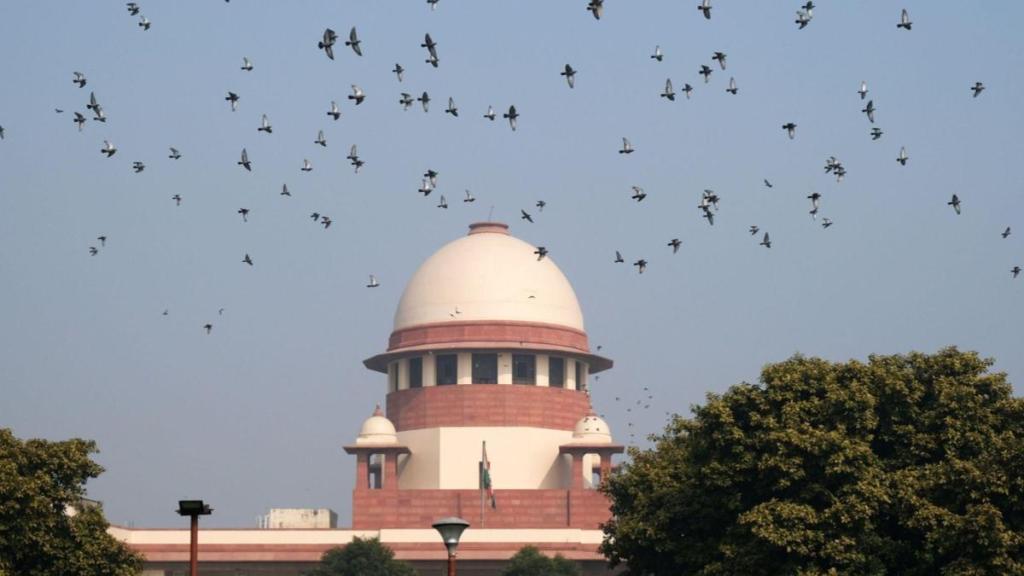Ahead of Constitution Day, the Supreme Court is set to deliver its verdict today, November 25, on petitions challenging the 42nd Amendment to the Constitution, which introduced the terms ‘socialist’ and ‘secular’ in the Preamble.
The amendment, passed during the Emergency in 1976, also included the term ‘integrity’ and has been under judicial review over the years.
Earlier on Friday, a bench led by Chief Justice Sanjiv Khanna and Justice Sanjay Kumar observed that the actions taken by Parliament during the Emergency cannot be entirely disregarded as invalid. “This 42nd Amendment has been subjected to a certain amount of judicial review. This court and even Parliament have intervened. We are concerned with a very limited issue over here… We can’t say whatever Parliament did at that time… is nullity,” said Chief Justice Khanna on Friday, as the court reserved its judgment.
Advocate Vishnu Shankar Jain, appearing for the petitioners, drew attention to the recent nine-judge ruling where the majority disagreed with interpretations of socialism in earlier judgments. Jain argued that the 42nd Amendment’s inclusion of ‘socialist’ and ‘secular’ violated constitutional principles, particularly as it was inserted without proper hearings during the Emergency period. However, the bench disagreed with this line of argument, emphasizing that the amendment cannot be viewed as an outright nullity.
Chief Justice Khanna clarified that the term ‘socialism’ in India is understood primarily in the context of a welfare state, ensuring equality of opportunity, rather than limiting the growth of the private sector. “The way we understand socialism in India is very different from the way other academics may understand it. In our context, socialism primarily means a welfare state,” he explained.
The court also addressed concerns raised by petitioner advocate Ashwini Upadhyay, who argued that the insertion of ‘socialist’ and ‘secular’ in the Preamble in 1976, with retrospective effect from 1949, was unconstitutional, particularly as it was done without ratification from the states and the Constituent Assembly, which no longer existed.
Also Read:‘Even Ajmal Kasab was given fair trial’: Supreme Court to CBI in Yasin Malik’s case
While the bench expressed reluctance to further extend the hearing, Chief Justice Khanna emphasized that the issue of power under Article 368 to amend the Constitution, including the Preamble, remains within Parliament’s jurisdiction, and such amendments are valid.
The top court’s verdict today will determine whether the 42nd Amendment, including its insertion of ‘socialist’ and ‘secular,’ should remain or be struck down.

